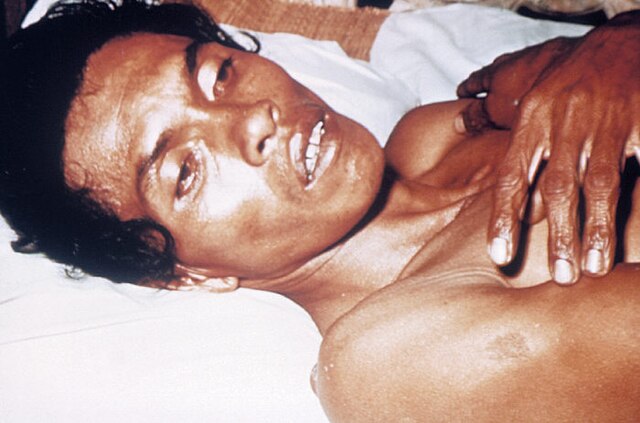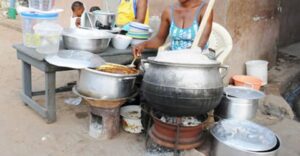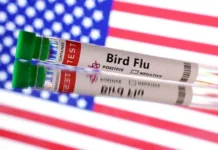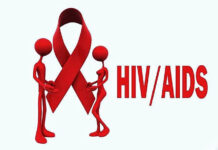Cholera, caused by the bacterium Vibrio cholerae, spreads through contaminated water and food, leading to severe dehydration and potentially death. However, prevention is straightforward with basic hygiene and safety measures.
1. Ensure Safe Drinking Water
– Boil Water: Boil for at least one minute to kill bacteria.
– Use Water Filters: If boiling isn’t possible, use filters or treat water with chlorine or iodine.
– Store Water Safely: Use clean, covered containers and avoid direct contact with the inside.
2. Practice Good Sanitation
– Use Toilets: Prevent contamination by avoiding open defecation.
– Hand washing: Wash hands with soap and clean water before eating, preparing food, and after using the toilet.
– Disinfect Surfaces: Regularly clean kitchen surfaces and utensils.
3. Safe Food Practices
– Cook Food Thoroughly: Especially seafood. Boil vegetables if not eating raw.
– Eat Food Hot: Reheat leftovers thoroughly.
– Avoid Street Food: Be cautious with food from street vendors.
4. Proper Waste Management
– Dispose of Waste Correctly: Use proper garbage disposal to avoid contaminating water sources.
– Sanitize Human Waste: Use sewage systems or bury feces away from water sources.
5. Vaccination
– Cholera Vaccines: Consult health professionals about vaccines, especially in high-risk areas.
6. Community Efforts
– Public Health Education: Educate communities on prevention methods.
– Improved Infrastructure: Advocate for better water, sanitation, and hygiene infrastructure.
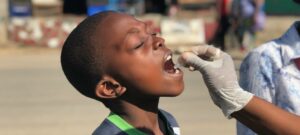
Preventing cholera involves clean water, good hygiene, safe food practices, proper waste management, and community awareness, ensuring a safe and healthy environment for all.

